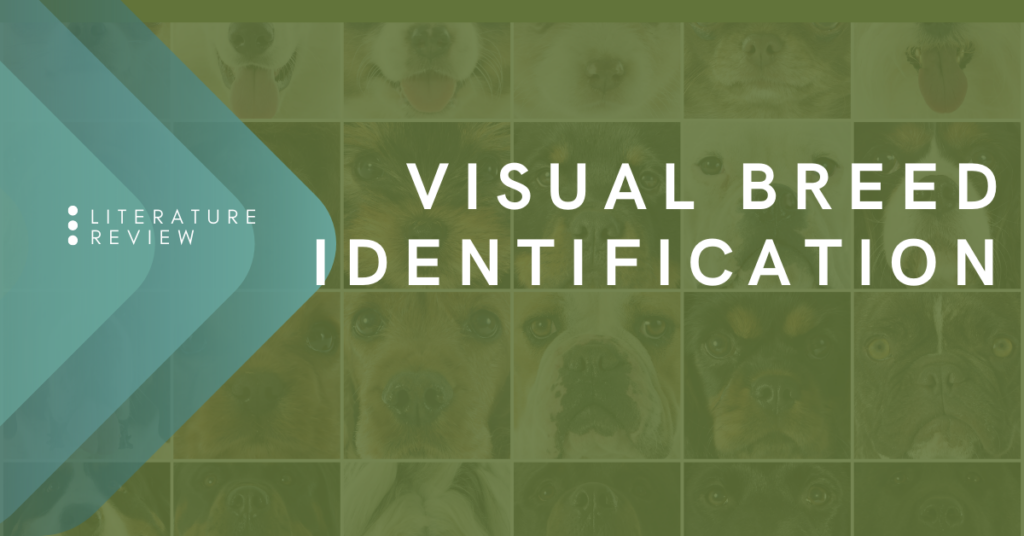Visual Breed Identification: A Literature Review

Visual breed identification is often inaccurate, and study results bring into question the findings of any research which attempts to link breed to behavior based on visually identified study populations and demonstrates a need for eliminating visual breed identification as a data source for ongoing canine behavioral studies.
Defaming Rover: Error-Based Latent Rhetoric in the Medical Literature on Dog Bites.

This study examined the accuracy of reports on nonclinical issues (e.g., dog behavior) in published papers on dog bite injuries authored by human health care professionals.
Evaluation of the C-BARQ as a measure of stranger-directed aggression in three common dog breeds

This article is included because it evaluates the ability of the C-BARQ to quantify the incidence of warning and possibly biting behaviors toward strangers among pet dogs labeled by their owners as either Golden Retrievers, Labrador Retrievers, or German Shepherds.
Trainability and boldness traits differ between dog breed clusters based on conventional breed categories and genetic relatedness

This 2011 exploratory study used a large owner survey in an attempt to quantify behavioral commonalities among breeds and breed groups.
Breed-typical behaviour in dogs – Historical remnants or recent constructs?

This study is included because it was the first large-scale attempt to investigate whether remnants of historical working behaviors could be identified in modern purebred breed groups.
“Boldness” in the domestic dog differs among breeds and breed groups

The purpose of this 2013 study was to assess the bold-shy trait, across many breeds and several breed groups.

